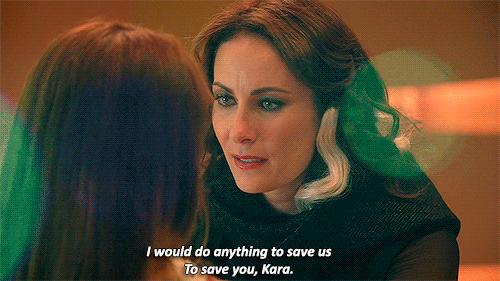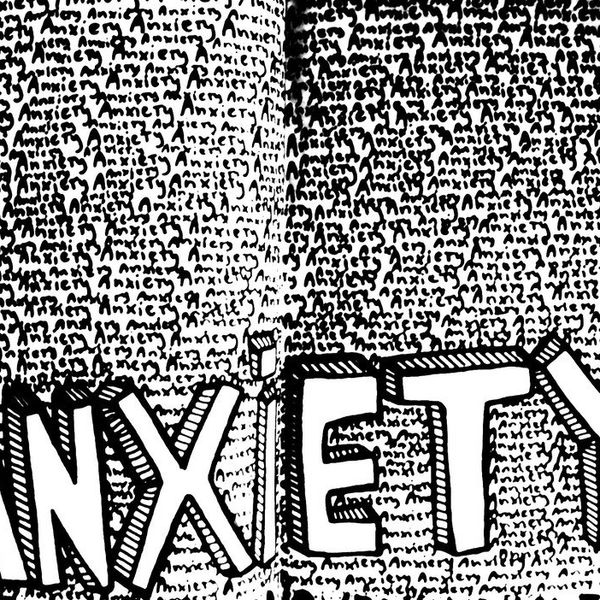Have you ever met someone who's so selfless it’s virtually impossible to convince them that they have to look out for themselves once in awhile? They could have the savior, or messiah complex when it comes to dealing with other people. There is an actual disorder, recognized as Self-Defeating Personality Disorder or Masochistic Personality Disorder, although it required more research after being put in the DSM-IV in 1987. In hindsight, it sounds like a nice quality trait that can motivate someone, whether it's career wise or in their journey to become a free-spirited altruistic being. To refer to this as being a savior, there are good intentions until the underlying motivations, and how it affects others, are realized.
The savior complex is known as a psychological construct which makes a person feel the need to save other people. This person has a strong tendency to seek people who desperately need help and to assist them, often sacrificing their own needs for these people. Many people believe that dedicating their entire existence to helping people who seem to need help, even in a minuscule way, they will, in turn, receive love, approval, and therefore live a happier life. One may automatically think of those who engage in humanitarian work– as this is a conspicuous trait they would have– but there's a slight difference. Those who allow their savior complex to control them, they will insert their help into a situation even if the person initially refuses it. This becomes unhealthy, as others take their help for granted, and rarely express being grateful since they feel entitled. Another reason that makes the savior complex so difficult is that these people never put themselves first, ever, which diminishing their psychological state and can create feelings of resentment.
People who clearly recognize their savior complex do not fight it, but instead, they justify it. "It's a noble thing to do," "I am happy with making others happy," and the biggest excuse, "I'm making a difference," which further allows them to condone their own behavior.
The second of the four agreements, "Don't Take Anything Personally" in a book written by Don Miguel Ruiz is called "The Four Agreements: A Practical Guide to Personal Freedom" has a few points that may be helpful for anyone who struggles with such complex.
He states, "Whatever happens around you, don't take it personally... Nothing other people do is because of you. It is because of themselves. When we take something personally, we make the assumption that they know what is in our world, and we try to impose our world on their world... They can hook you easily with one little opinion and feed you whatever poison they want, and because you take it personally, you eat it up... If you do not take it personally, you are immune..."
The couple of points in their most simplified state are, "You are only responsible for you," and "Whatever another person thinks is their own problem. They are dealing with themselves, not you."
The savior complex is a trait that the majority have, but allowing it to run one's life can make it harmful to their well-being. The sublimation technique of engaging in socially acceptable behavior such as humanitarian work, rather than the savior complex, is one of the most the beneficial choices.




















